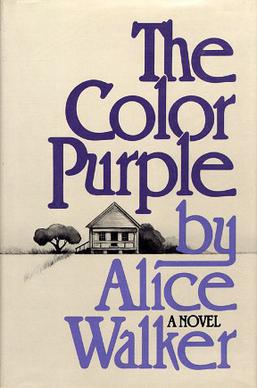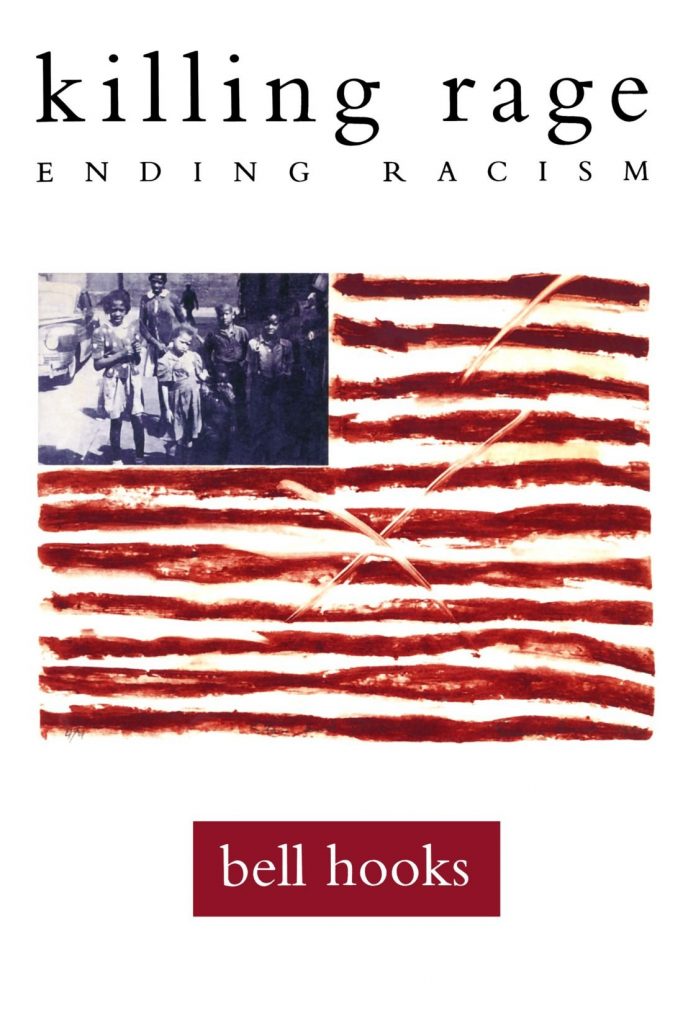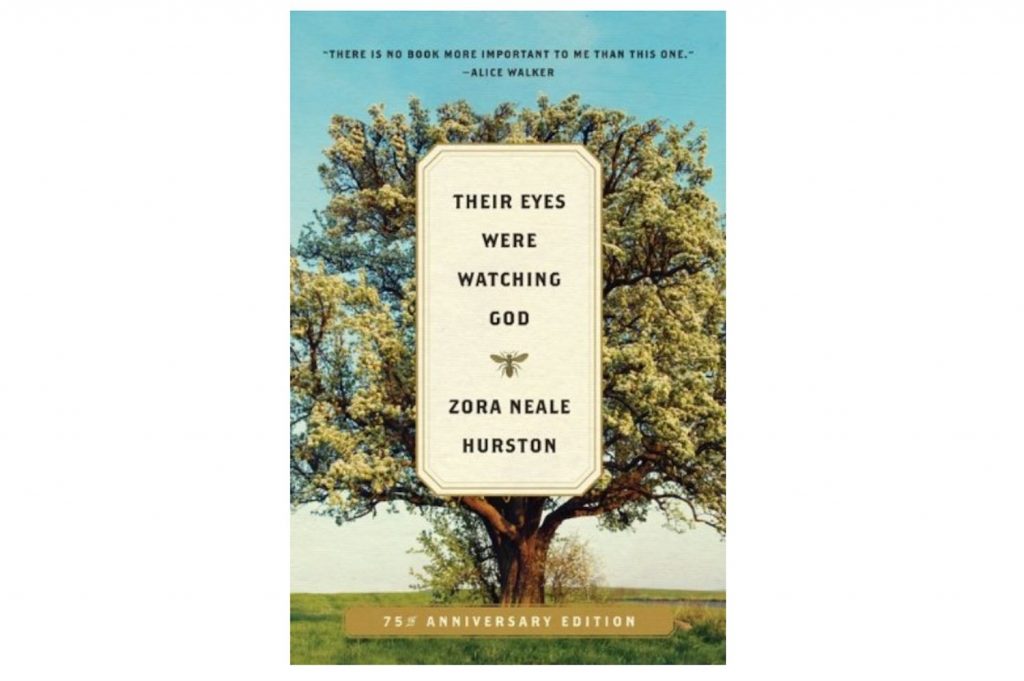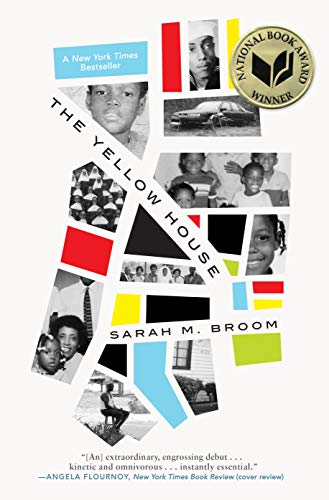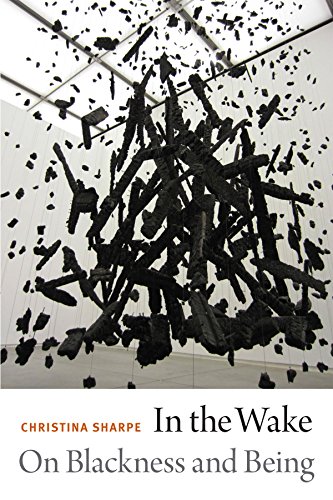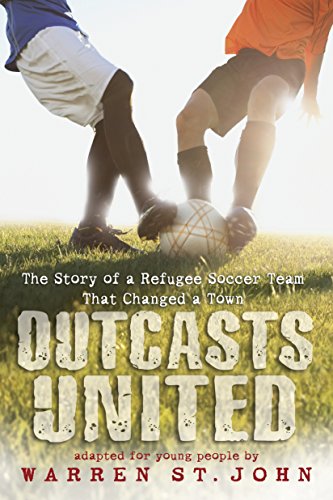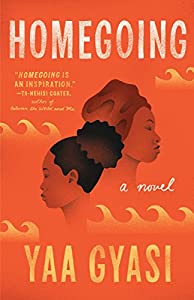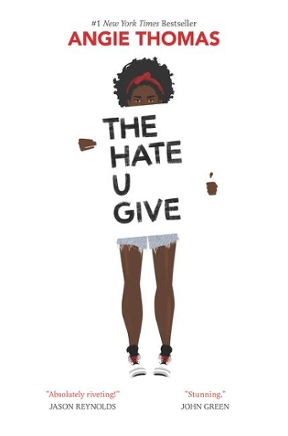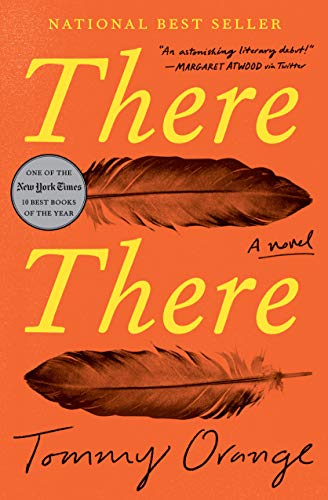Welcome to the Quarantine Reading List!
Each edition we will publish a curated list of book recommendations that highlight and celebrate authors of color, contributions to social justice and the literary work of Black women.
We hope that the experience of reading can help mitigate the stress of quarantine while challenging you to engage with discourses and narratives that are too-often excluded from the literary canon. I encourage you to progress critically, with an open-mind and with ample time to get lost in the pages of these novels.
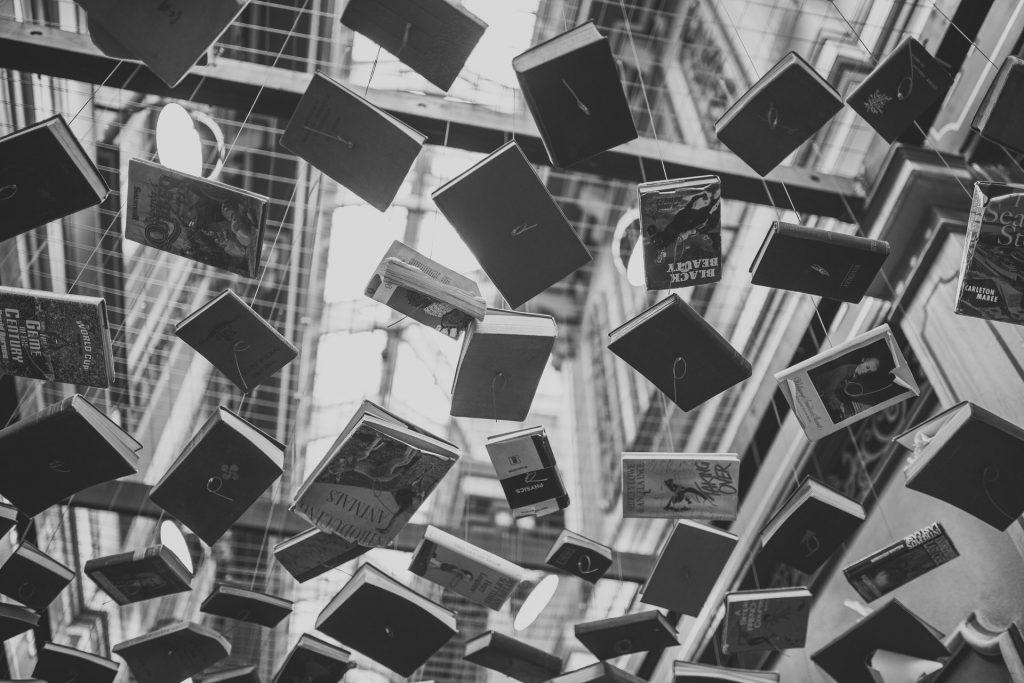
Essential Works by Black Women
By Emma Piorer
Week 3: 10 Essential works- nonfiction and fiction authored by Black women
1. Beloved by Toni Morrison
2.Their Eyes Were Watching God by Zora Neale Hurston
One of the most crucial literary contributions of all time, Their Eyes Were Watching God, tells the story of Black protagonist Janie, as she navigates family, marriage and the development of identity. Hurston describes the significance of her work and says, “Janie is one black woman who doesn’t have to live lost in sorrow, bitterness, fear, or foolish romantic dreams, instead Janie proclaims that she has done “two things everybody’s got tuh do fuh theyselves. They got tuh go tuh God, and they got tuh find out about livin’ fuh theyselves.”
3.Purple Hibiscus by Chimamanda Ngozi Adichie
“Purple Hibiscus is an exquisite novel about the emotional turmoil of adolescence, the powerful bonds of family, and the bright promise of freedom.”
4. Killing Rage: Ending Racism by Bell hooks
5.Algorithms of Oppression: How Search Engines Reinforce Racism by Safiya Umoja Noble
6.The Color Purple by Alice Walker
7.Freedom is a Constant Struggle by Angela Davis
8.Wildseed by Octavia Butler
9.Uses of the Erotic: The Erotic as Power by Audre Lorde
“We have been raised to fear the yes within ourselves, our deepest cravings. For the demands of our released expectations lead us inevitably into actions which will help bring our lives into accordance with our needs, our knowledge, our desires. And the fear of our deepest cravings keeps them suspect, keeps us docile and loyal and obedient, and leads us to settle for or accept many facets of our oppression as women.”
10.Corregidora by Gayl Jone
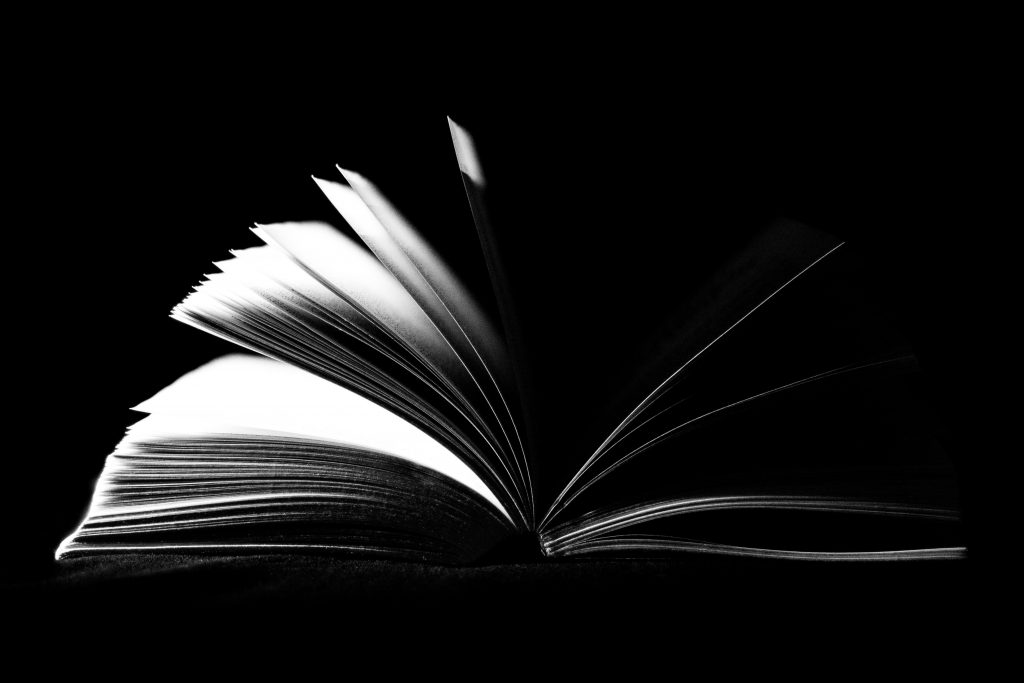
Reading for Critical Social Justice
By Emma Piorer
Week 2: Reading for Critical Social Justice: non-fiction and autobiography for students, thinkers, and activists
- Between the World and Me by Ta-Nehisi Coates “Beautifully woven from personal narrative, reimagined history, and fresh, emotionally charged reportage, Between the World and Me clearly illuminates the past, bracingly confronts our present, and offers a transcendent vision for a way forward.”
- Playing in the Dark: Whiteness and the Literary Imagination by Toni Morrison
- Sister Outsider by Audre Lorde
- Bad Feminist by Roxanne Gay This collection of essays took the world by storm, offering an alternative and much-needed narrative to the conversation of gender politics. Gay explores imperfection, inclusion politics, narratives of intersectionality and the ideals that construct feminism. Her dry, honest, witty, voice, carries you through the book with speed and enthusiasm. A provoking, vulnerable, important read.
- In the Wake On Blackness and Being by Christina Sharp
- I Know why the Caged Bird Sings by Maya Angelou
- We should all be Feminists by Chimamanda Ngozi Adichie
- Outcasts United by Warren St. John
“Outcasts United is the story of a team of refugee boys, the remarkable woman who coaches them, and the town where they live, a once-sleepy southern hamlet that has been upended by the process of refugee resettlement. It’s a story about the challenges posed by our quickly changing world, and one that reminds us of what is possible in this country when we put our values in action.” A truly compelling narrative of migration, homesteading, inequality and resilience. - The Yellow House by Sarah Broom
- The Autobiography of Malcolm X
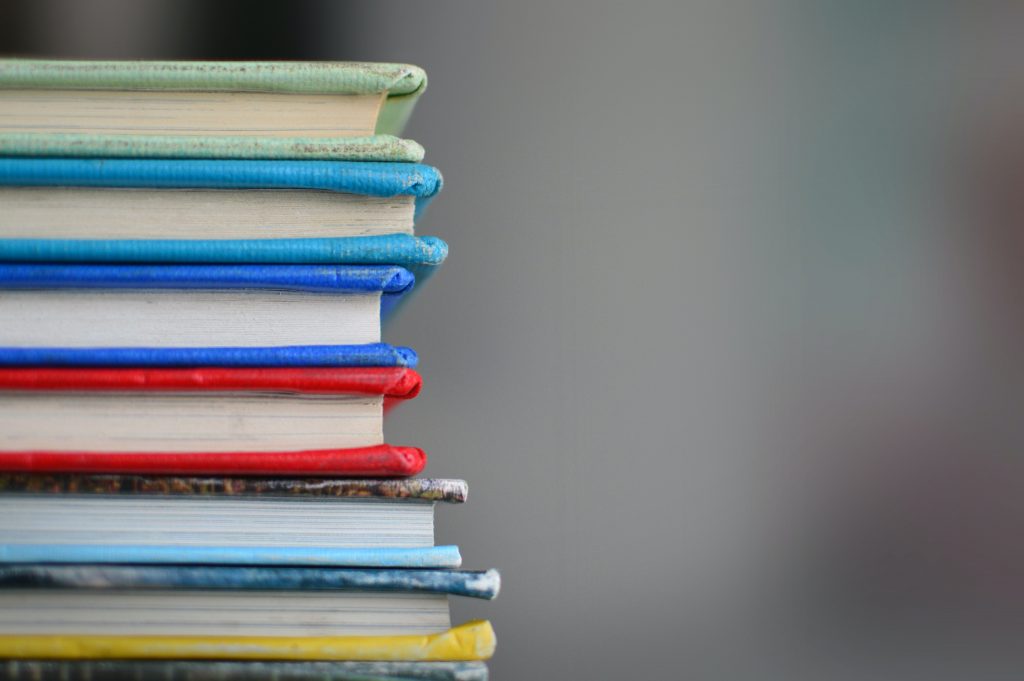
Must-Read Fiction by Authors of Color
By Emma Piorier
Week 1: Must-Read Fiction by Authors of Color
- Parable of the Sower by Octavia Butler
What better time to dive into an American apocalypse novel then now? Butler uses her coined racial dystopian writing style, Afrofuturism, to introduce a captivating protagonist: a Black 15 year old, hyper-empathetic, religion-building, older sister and community leader. The novel tells a story of displacement, faith and navigation of a world destroyed from global warming, economic collapse, class stratification and violence. Don’t worry if you blow through the first book, the Parables are a three-part series. - Cutting for Stone by Abraham Verghese
- Fruit of the Drunken Tree by Ingrid Rojas Conteras Conteras takes us through a story of growing up: of poverty, girlhood, sexuality, escape, immigration and assimilation. Beginning in Columbia during the height of the Pablo Escobar reign, two sisters grow up learning about the inseparability of violence and class. Eventually forced to flee to the United States, Fruit of the Drunken Tree illustrates a process of immigration, changing of location and the forever existing roots of home.
- The Nickel Boys by Colson Whitehead
- Homegoing by Yaa Gyasi
- There There by Tommy Orange
- The Hate you Give by Angie Thomas Now a major motion picture, this young adult book tragically and insightfully tells of the realities of gun violence through the eyes of a 15 year old girl. An absolute must-read for a contemporary commentary on racist policing and an intersectional approach to understanding the wide-reaching implications of oppressive violence.

